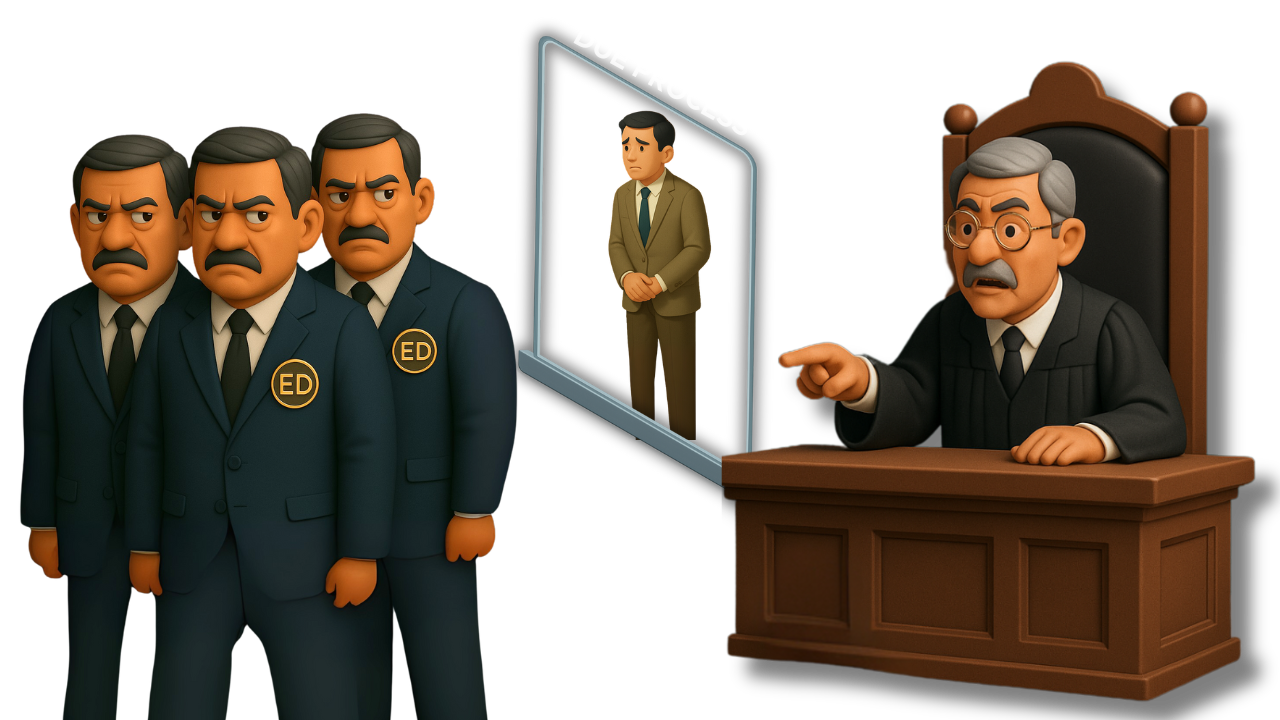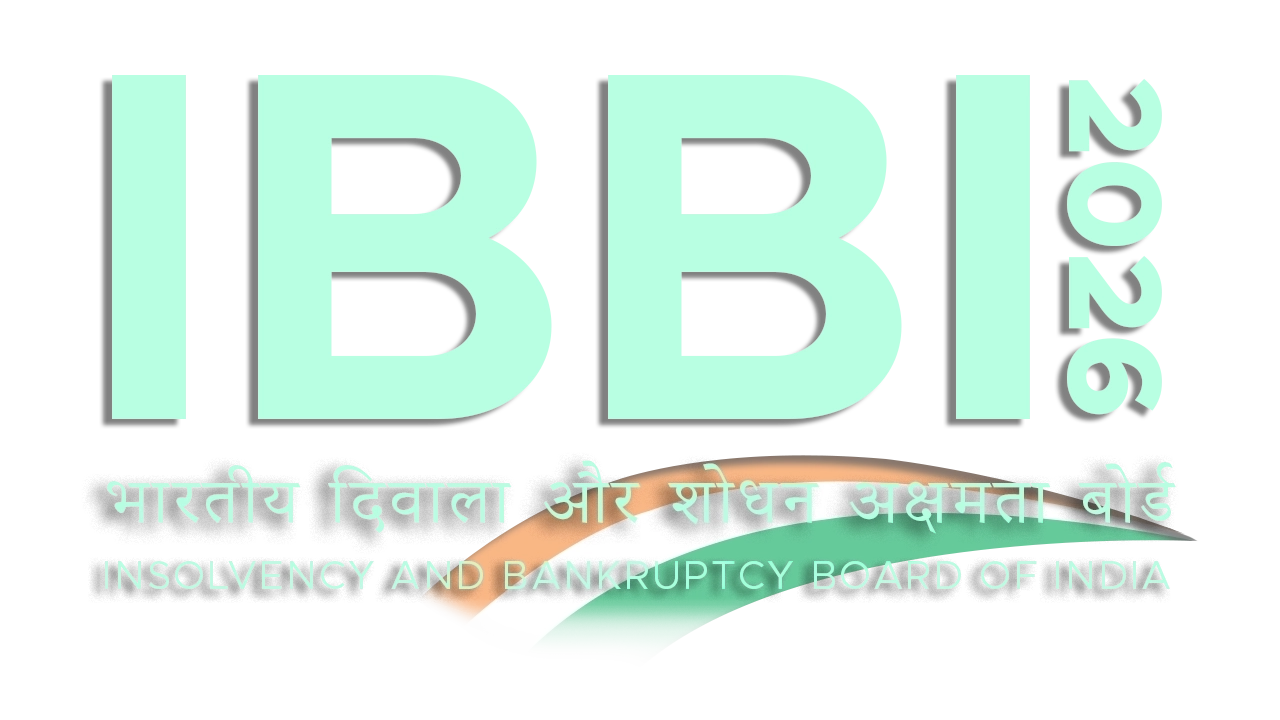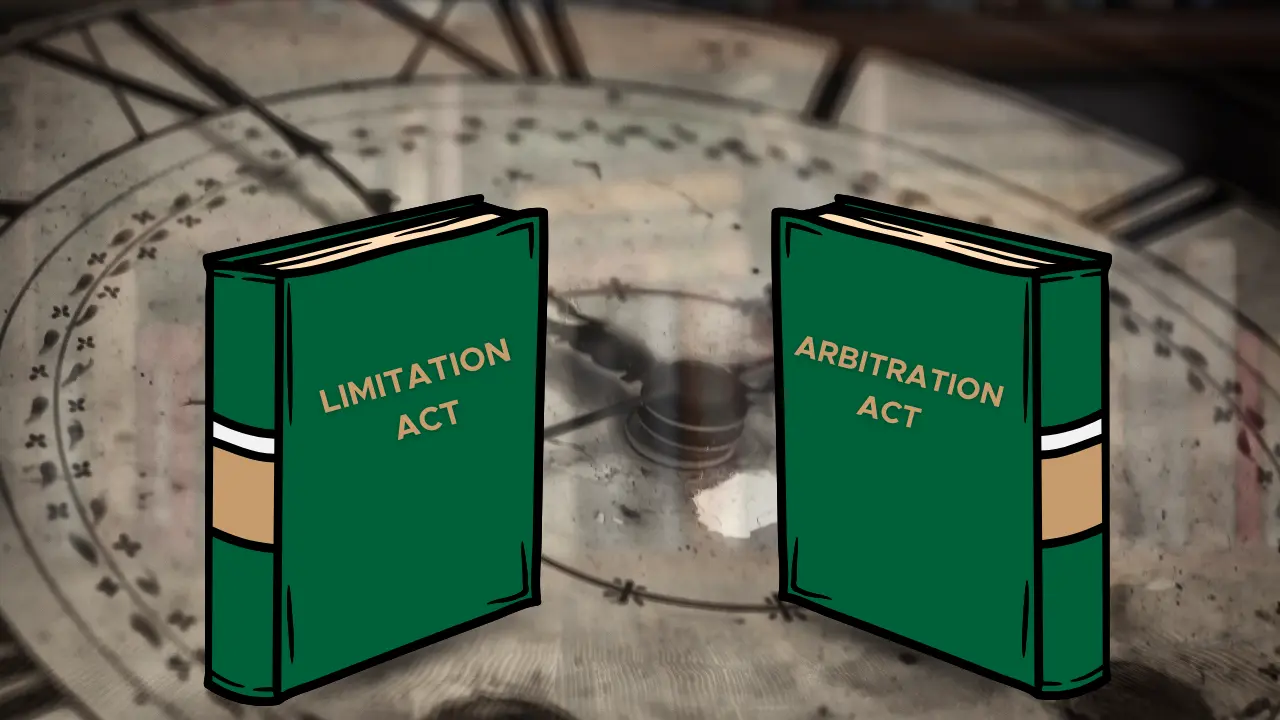Introduction
Navigating India’s evolving legal landscape, recent judicial interpretations have solidified the procedural safeguards guaranteed to an accused person under the BNSS1, marking a new era of legal fairness. Courts across the country are clarifying that strict adherence to the new law is not optional but a fundamental requirement. This principle, which began in cases of private complaints, is now being rigorously applied to high-profile cases involving powerful investigative agencies.
The judicial momentum was set by courts like the Kerala High Court, which, in Saji John and Anr. v. State of Kerala and Anr2. firmly held that a magistrate must give a pre-cognizance hearing to the accused before taking notice of an offense. It quashed proceedings where this crucial step was omitted, stressing the sanctity of the accused’s right to be heard. Similarly, the Allahabad High Court, in Prateek Agarwal vs State Of U.P. Thru. Addl. Chief Secy3 on Application U/S 482 No. 10390 of 2024 (Lucknow Bench), ruled against the premature summoning of an accused, emphasizing that statutory procedure must be followed, including recording the statements of the complainant and witnesses on oath before notice is issued.
This emerging legal consensus has found its most compelling application yet in a case involving the ED4, where the Delhi High Court extended the procedural safeguards of Section 223 of the BNSS to prosecution complaints filed under the PMLA5. So, what was the issue that brought this matter before the court?
The legal battle stemmed from a petition filed by an accused, Lakshay Vij, challenging a trial court’s order that had rejected his plea for a pre-cognizance hearing. His counsel contended that since the prosecution complaint was filed after July 1, 2024—the date the BNSS came into force—the provisions of the new law, including the proviso to Section 223 BNSS, must apply. He argued that the ED’s complaint was not a police report but a complaint under the new law, and the trial court had failed to appreciate its applicability.
In a rare and telling development, the Enforcement Directorate, did not contest this legal position. He conceded that the Supreme Court’s ratio in Kushal Kumar Agarwal v. ED6 was binding and that since the complaint was filed after the BNSS came into effect, the petition could be disposed of in line with the Supreme Court’s ruling. This concession, in itself, speaks volumes about the clarity of the law on this issue.
In its final interpretation, the Delhi High Court took a decisive stance. It relied on a line of Supreme Court precedents, including Yash Tuteja v. Union of India and Tarsem Lal v. Enforcement Directorate7, which had already established that an ED complaint under Section 44(1)(b) of the PMLA is governed by the same procedural framework as complaints under the CrPC. By a logical extension, the court held that the corresponding provisions under the BNSS, particularly the proviso to Section 223(1)—”no cognizance of an offence shall be taken by the Magistrate without giving the accused an opportunity of being heard”—are also applicable.
The court explicitly cited the Supreme Court’s judgment in Kushal Kumar Agarwal, which had set aside a cognizance order solely because the accused was not granted a hearing. The High Court concluded that the trial court’s failure to do so in the case of Lakshay Vij was a legal flaw that could not be sustained. By setting aside the order, the court directed the trial judge to grant the accused a pre-cognizance hearing, thereby reaffirming that the fundamental rights of the accused must be upheld with utmost rigor, irrespective of the nature of the offense or the prosecuting agency. This ruling is a powerful reminder that procedural due process is not a mere formality but the very essence of justice.
Conclusion
The Delhi High Court’s ruling is more than just a procedural victory for one accused person; it represents a powerful affirmation of due process under India’s new criminal justice framework. By compelling the Enforcement Directorate to grant a pre-cognizance hearing, the court has established a crucial precedent. It has made it clear that the BNSS, with its enhanced safeguards, applies universally, bridging the gap between standard criminal cases and those prosecuted by powerful specialized agencies like the ED. This decision marks a significant step towards ensuring that the letter and spirit of the law, as intended by the new legislation, are upheld for all.
Looking ahead, what are the potential ramifications of this judgment? This ruling sets a clear standard, likely leading to similar pleas from other accused individuals in PMLA cases filed after July 1, 2024. The requirement of a pre-cognizance hearing could potentially change the pace and nature of ED investigations, pushing the agency to strengthen its complaints and evidence before seeking cognizance. It might also lead to more robust legal challenges at an earlier stage of the proceedings, as the accused now has a statutory right to present their side of the story before the court formally acknowledges the offense.
However, this decision also raises new questions for the judiciary and enforcement agencies to navigate. For instance, what will constitute a “meaningful opportunity of being heard” in these pre-cognizance hearings? Will it be a brief oral submission, or will it evolve into a mini-trial-like proceeding? How will courts balance this new procedural requirement with the need for expeditious trials, especially in time-sensitive financial crime cases? The Mannargudi Bar Association’s writ petition in the Supreme Court, challenging the constitutional validity of Section 233 BNSS, further adds to this legal uncertainty, reminding us that the journey of legal interpretation is far from over.
Ultimately, the Delhi High Court’s ruling reinforces a core tenet of our legal system: that justice is not merely about conviction but about a fair process. It serves as a reminder that regardless of the complexities of modern-day crimes or the power of the prosecuting authority, the fundamental rights of an individual cannot be compromised. As the BNSS continues to be tested in courts, judgments like this will shape its practical application and define the future of criminal justice in India, posing a simple yet profound question for us all: can the new system truly deliver on its promise of an impartial and just legal process for every citizen?
Citations
- Bharatiya Nagarik Suraksha Sanhita,2023
- Saji John and Anr. v. State of Kerala and Anr. Crl.M.C. No. 5631 of 2025
- Prateek Agarwal vs State Of U.P. Thru. Addl. Chief SecyApplication U/S 482 No. 10390 of 2024
- Enforcement Directorate
- Prevention of Money Laundering Act,2002
- Kushal Kumar Agarwal v. ED,2025 SCC OnLine SC 1221
- Yash Tuteja Vs. Union of India, 2024 SCC Online SC533
Expositor(s): Adv. Anuja Pandit






